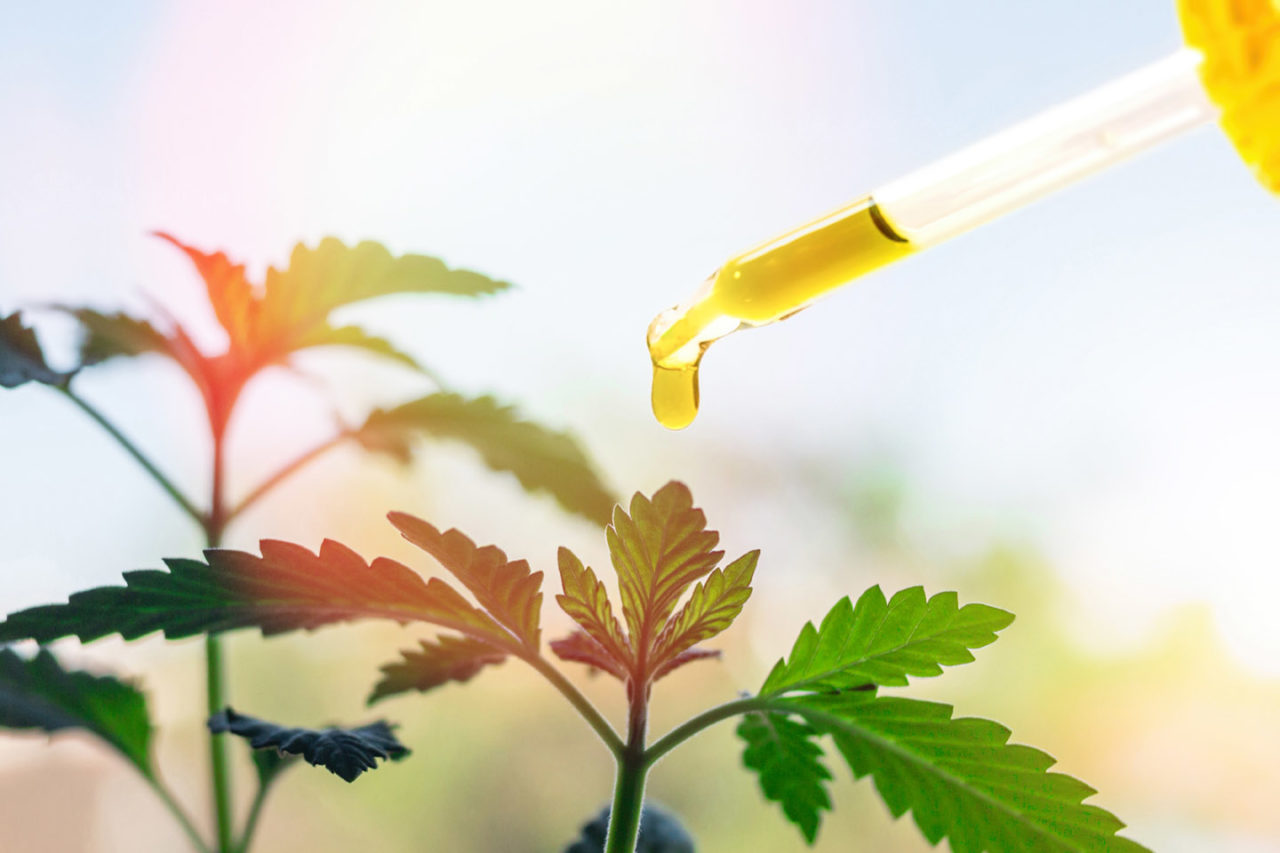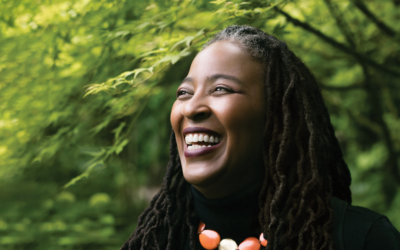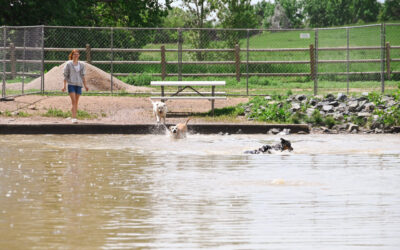Chelsea Hotchkiss had a lot on her plate in August 2017. She was gearing up for a new school year at River Song Waldorf School, where she worked as an early childhood teacher. River Song had just finished renovating and upgrading its facilities, and Hotchkiss worked hard to put her new classroom in perfect order for the grand re-opening. It was a busy time, very exciting but a little stressful.
As the year began, Hotchkiss says, “I started having seizures in my right arm. Right away, I assumed it was muscular, so I scheduled a massage.” When that didn’t seem to help, she tried acupuncture, but again, it didn’t reduce the frequency or intensity of her seizures. In fact, the hands-on sessions with specialists only seemed to trigger more episodes. Some seizures happened immediately, before she even left the practitioner’s office. Others struck in the car before she could make it home.
Hotchkiss had heard that cannabidiol, or CBD for short, could provide relief to people who suffered from epilepsy. She decided to try it. The effects were dramatic.
“When I began taking CBD oil, I went from having 30 seizures in my arm a day to five,” she says.
Although it wasn’t a cure, she says the CBD oil significantly improved her quality of life. She got better sleep, concentrated better at work and felt less anxious. She found that CBD bought her some time to look more deeply into the problem and find a doctor who could isolate the cause of the seizures.
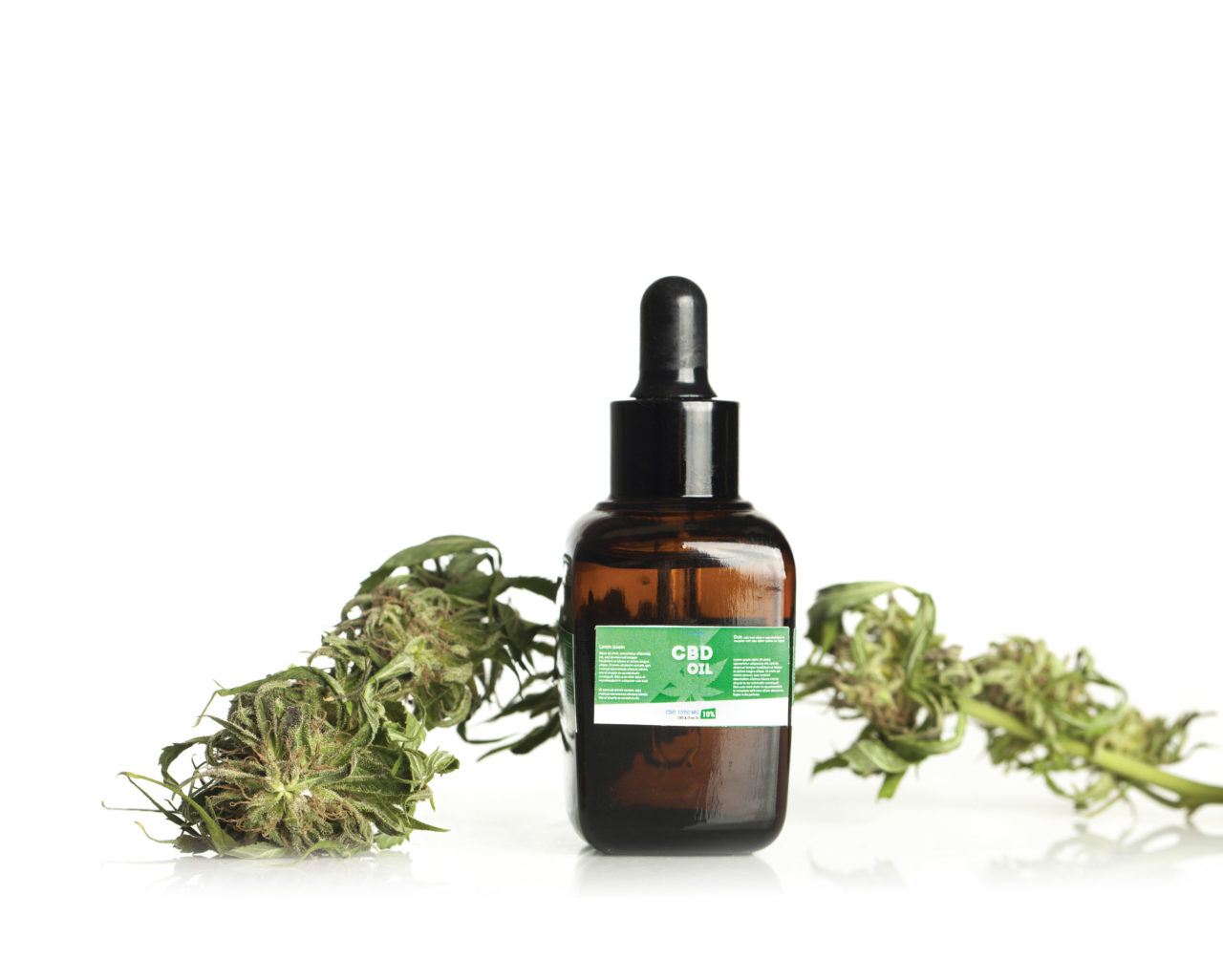
Stories like Chelsea’s are increasingly common, and a growing body of preliminary research suggests that the health effects of CBD are real. Some scientific studies suggest that CBD has anti-inflammatory properties, which could help with arthritis and other painful conditions. Other investigations point toward beneficial effects on brain chemistry and possible treatments for anxiety, depression and even more serious mental disorders such as psychosis.
Although it’s derived from either marijuana or hemp, CBD contains only trace amounts of THC, the ingredient in marijuana that gets you high.
Many CBD products are 100-percent THC-free, and the Food and Drug Administration recently approved a CBD-based medicine called Epidiolex, which is prescribed for people with rare forms of epilepsy. Harvard Medical School acknowledges CBD’s potential as a treatment for sleep disorders, neuropathic pain and other maladies. But potential isn’t the same as proof. More study is needed, not only to definitively prove the benefits of CBD but also to determine proper dosages and side effects.
“Because CBD is mostly available as an unregulated supplement, it’s difficult to know exactly what you are getting,” writes Dr. Peter Grinspoon in a Harvard Medical School blog post from August 2018.
The lack of clarity hasn’t prevented the market from exploding. The Brightfield Group, a cannabis industry research firm, estimates that CBD sales – which totaled less than $1 billion last year – may exceed $20 billion by 2022.
Not surprisingly, Northern Colorado has a good share of the market. Loveland’s Mile High Labs has a global presence and describes itself as the world’s leading cannibinoid extractor. Colorado Cultivars in Eaton produces a wide range of CBD products, including a water-soluble CBD that’s touted as a highly efficient delivery system.
Cannagaea CBD of Fort Collins specializes in CBD oils made from raw ingredients that are grown and refined on the company’s hemp farm. “I wanted to help others like me,” says Cannagaea CEO John Vail, who launched his business in 2016 and was shipping nationwide within months. “I have been taking CBD daily ever since my knee started acting up. It cured the inflammation and severe pain in my knee, and I have no plan to ever stop.”
Veterinarians, too, are discovering useful applications for CBD, whose anti-inflammatory features seem to ease the suffering of animals with arthritis, anxiety, and other chronic conditions and diseases. Dr. Stephanie McGrath, a veterinary neurologist at Colorado State University, recently published a groundbreaking study of the effects of CBD on dogs experiencing seizures. In the clinical trial, 89 percent of dogs that received CBD experienced a reduction in the frequency of seizures.
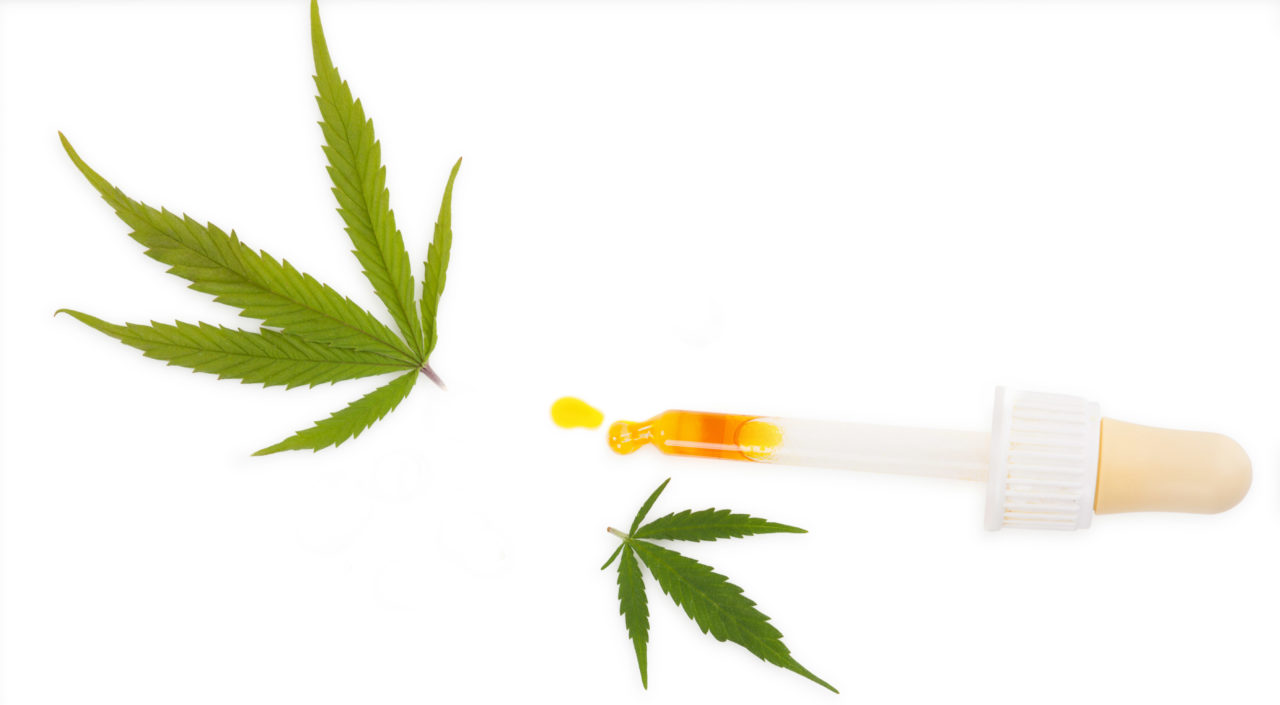
While CBD’s potential for health treatment is tantalizing, more scientific studies are needed to confirm its medical benefits. Even success stories like Hotchkiss’ should be taken with caution. While CBD seemed to provide short-term relief for her arm seizures, it couldn’t provide a full cure. That’s because the root cause of the seizures was more serious than she realized.
“They did a CT scan and found a golf-ball-sized tumor in my brain,” Hotchkiss says. It was a life-threatening cancer, requiring more than a year of chemotherapy and radiation treatment. Throughout that period, she continued to take a daily dose of CBD without her oncologist’s knowledge. In January she received some fantastic news: She was cancer-free.
Did CBD play a role in defeating the cancer? Chelsea firmly believes it did. But according to the National Cancer Institute, there’s no clinical evidence at present regarding the effects of CBD on cancer in humans. Medical researchers have barely begun to investigate the issue. Evidence does exist that CBD can help mute the side effects of cancer treatment, however. Some doctors have begun prescribing CBD for cancer patients to control pain, boost appetite and reduce nausea.
If you think CBD might help you deal with any health issue, large or small,
here are some tips to ensure safe, beneficial consumption:
Check the purity. The magic number is 99.7 percent. If your product contains at least 99.7 percent CBD, it means the THC content is low enough that it won’t show up on drug tests.
Go organic. Most CBD is derived from hemp, a highly absorbent plant that can take in toxins from the air, water and soil as it grows. If the farmer uses pesticides or herbicides, the hemp can absorb high concentrations of them and taint the resulting CBD.
Watch your dosage. This is the most complicated part of CBD consumption, because CBD potency varies widely among different product categories and manufacturers. Individual responses to CBD also vary from person to person, and the recommended dosage depends on the condition you’re trying to address (e.g., pain relief vs. anxiety). The best way to find the correct dose is to consult a doctor who’s familiar with CBD applications. You can also start at a low dose and slowly increase until you’ve achieved the desired effect.
Don’t cheap out. It costs a little more to buy CBD products that are derived from organically grown plants and have low (or no) traces of THC and other impurities. The extra money is worth it. If you’re buying the cheapest CBD oil or cream on the shelf, chances are it won’t produce the results you’re hoping for.
CBD products aren’t difficult to find in NOCO. All retail outlets listed below have a broad selection
of high-quality CBD mechandise. Stores marked with a * sell only hemp products.
FORT COLLINS
Choice Organics, 813 Smithfield Dr.,www.choiceorganicsinc.com
LivWell, 900 N. College Ave.,
www.livwell.com
*Farmhouse Hemp,
www.farmhousehemp.com
Organic Alternatives, 346 E Mountain Ave
www.organicalternatives.com
Joy Organics, 119 W. Oak St.,
www.joyorganics.com
* CBDepotFoCo, 6617 S. College Dr.,
https://cbdepotco.com
* Cannagaea CBD, 2716 S. College Ave.,
www.cannagaea.com
* Arise Hemp, 417 N. Hollywood St.,
www.arisehemp.com
LOVELAND
* The CBD Store, 1528 N. Lincoln,
www.cbdstorecolorado.com
* Plenty Pharma, 2677 N. Taft Ave.,
www.plentypharma.com
GREELEY
* Gold Care, 2015 9th St.,
www.goldcarecbd.com
* Natural Wellness, 2405 W. 17th St.,
www.naturalwellness.care
ESTES PARK
* CBDepot, 137 W. Elkhorn Ave.,
https://cbddepot.com

